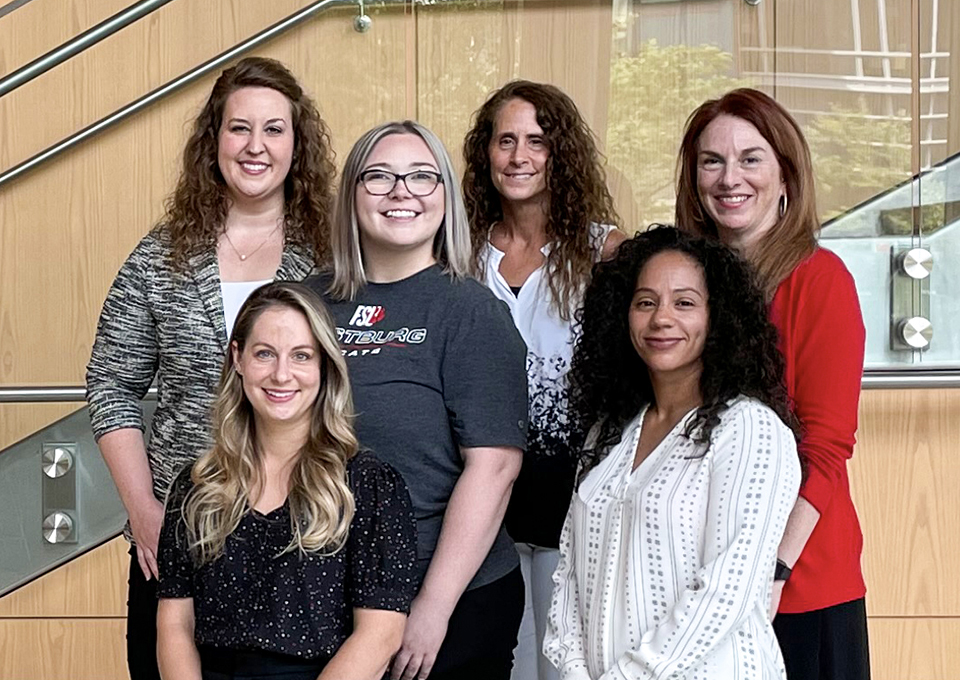Frostburg State University Bolsters Student Advising and Student Success
Jul 22, 2021 10:00 AM
 Frostburg State University will assign two academic advisors to each new first-year student beginning this summer to help them adjust to campus life. Each student will have a full-time professional University Advisor as well as a Faculty Mentor from their major.
Frostburg State University will assign two academic advisors to each new first-year student beginning this summer to help them adjust to campus life. Each student will have a full-time professional University Advisor as well as a Faculty Mentor from their major.
This new model is the result of a three-year national study on improving student advising. FSU was one of 12 schools in the nation selected to participate in the charter cohort of this project led by NACADA and the Gardner Institute.
“The addition of university advisors to our student success endeavors cannot come at a better time,” said President Ron Nowaczyk. “We know this past year has been an especially difficult one for high school seniors and we are committed to providing additional help to students as they transition into Frostburg State University. Our campus culture has always been one of helping each individual student succeed.”
“Based on recommendations from our task force of more than 90 students, faculty and staff, FSU is changing our student advising model,” said Dr. Ben Norris, FSU interim Associate Provost and co-chair of the study. A key feature of this new model is a “team” approach to student success with university advisors working with faculty mentors to help students. Eventually, all undergraduates will have dual advisors.
The new model does not replace faculty advising but allows faculty to serve more as mentors focusing on student professional development. University advisors will supplement the faculty mentor role to help students navigate many of the daily logistics of college life including course scheduling, academic and personal development.
“The charge of the EAA model is to provide holistic advising for FSU students, a philosophy to which I very much subscribe,” said Kate Kinsinger, Center for Academic Advising & Retention (CAAR) director. “In my 30 years of experience working in higher education, I have come to place a high value on understanding and responding to the stories of students—to value their previous experiences and to find concrete ways to help them move forward.”
“We see this as one of the most significant institutional transformations at FSU,” said Jay Hegeman, FSU Assistant Vice President, Registrar and co-chair of the study. “This new advising model sets the institution up for student success for years to come.”
“As a result of this study, our experience is now being used to transform academic advising at other institutions in addition to the changes at FSU,” Dr. Norris added.
Visit the Academic Success Network for more information.
